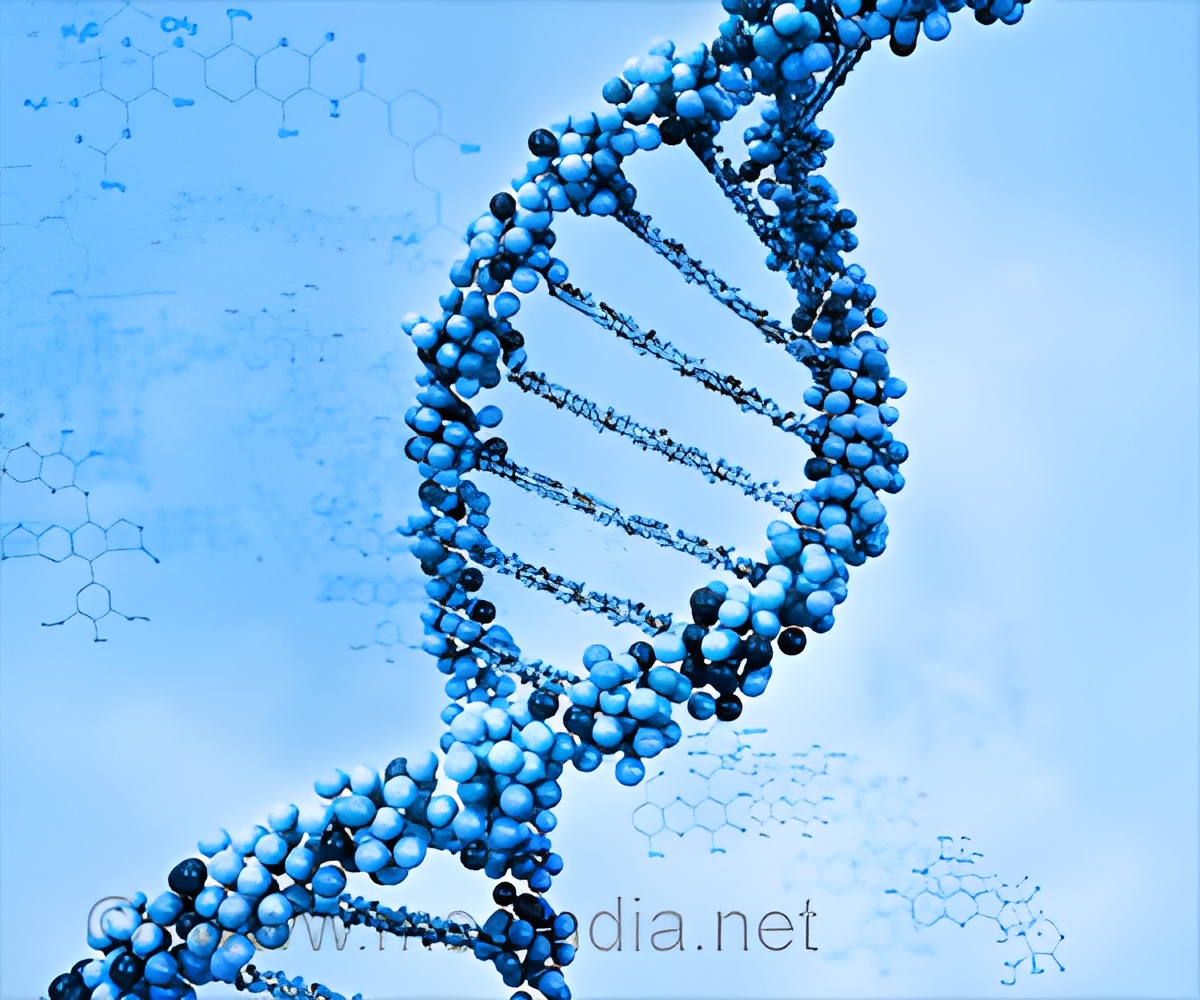Gene therapy can treat alcoholism by using shRNA technology, as genetic factors account for approximately 70 percent of the risk of alcoholism.

‘Gene therapy treats alcoholism by reducing aldehyde dehydrogenase (ALDH2) expression with the use of shRNA technology delivered by adeno-associated virus (AAV) vectors.’





The inability to metabolize acetaldehyde produces strong effects in people, such as dizziness and palpitations, leading people to avoid alcohol and representing a novel approach to treating alcoholism, as described in an article published in Human Gene Therapy, a peer-reviewed journal from Mary Ann Liebert, Inc., publishers. In the article titled "AAV Gene Therapy for Alcoholism: Inhibition of Mitochondrial Aldehyde Dehydrogenase Enzyme Expression in Hepatoma Cells" researchers Anamaria Sanchez, University of Chile, Santiago and R. Jude Samulski, University of North Carolina, Chapel Hill and coauthors used an adeno-associated virus (AAV) vector to deliver a nucleic acid fragment called a small hairpin (sh)RNA into human liver cells in the laboratory.
The shRNA targets and silences the gene for aldehyde dehydrogenase (ALDH2), reducing expression of the ALDH2 enzyme by up to 90 percent. As a result, when exposed to ethanol, the gene therapy-treated cells had 50 percent higher acetaldehyde levels.
"Alcohol and other substance use disorders, together with the associated problem of suicide, are driving an alarming increase in mortality among middle-aged Americans in recent years," says Editor-in-Chief Terence R. Flotte, MD, Celia and Isaac Haidak Professor of Medical Education and Dean, Provost, and Executive Deputy Chancellor, University of Massachusetts Medical School, Worcester, MA.
"What has not often been recognized is that genetic factors account for over 70 percent of the risk of alcoholism, based on twin studies. This suggests that genetic therapy would be a logical approach. These investigators have targeted one of the best established genetic contributors and demonstrated strong proof-of-concept data with a rAAV vector-mediated shRNA approach. This bodes well for future development of this therapy."
Advertisement
Source-Eurekalert














